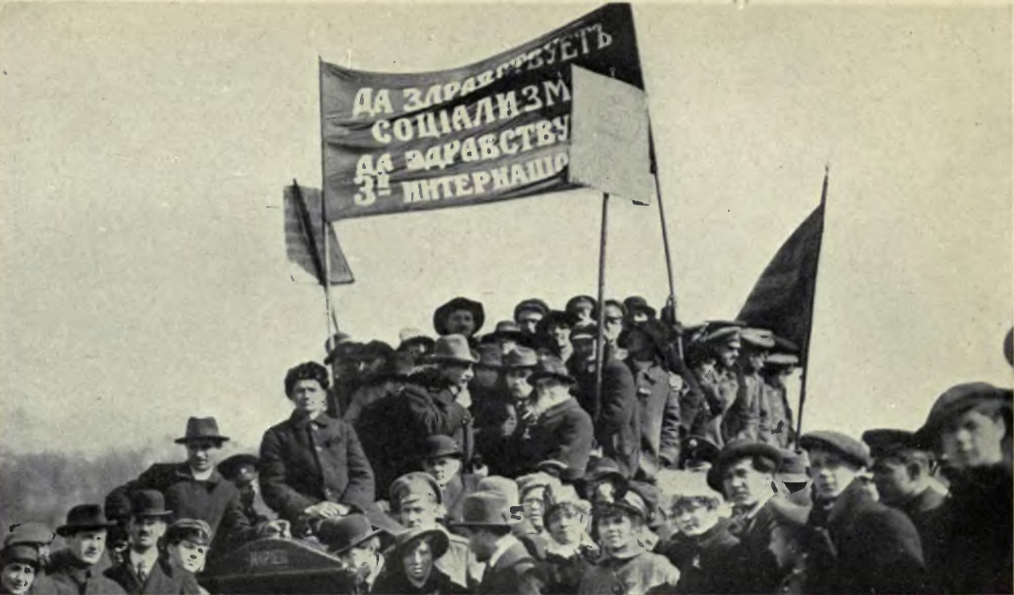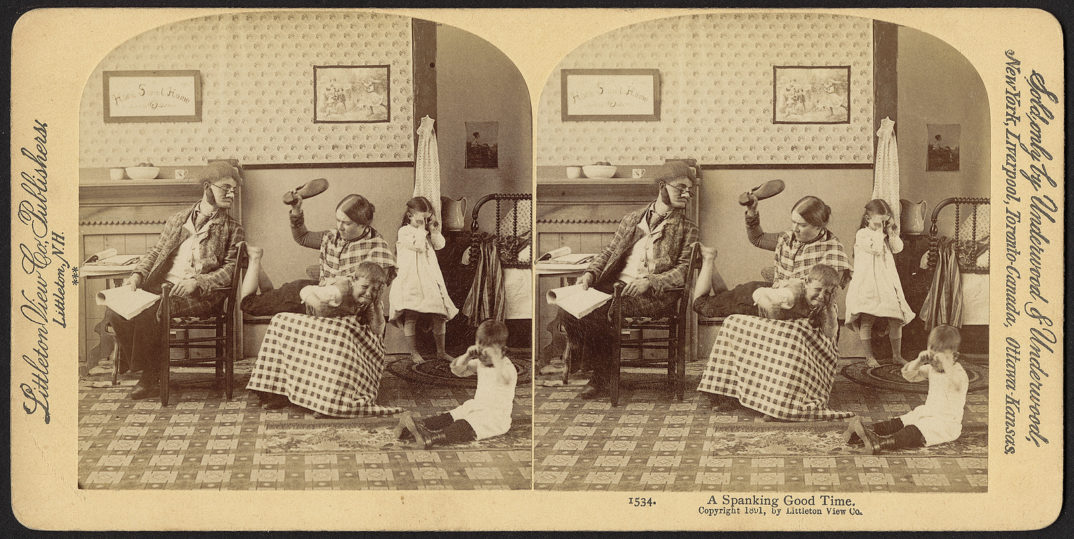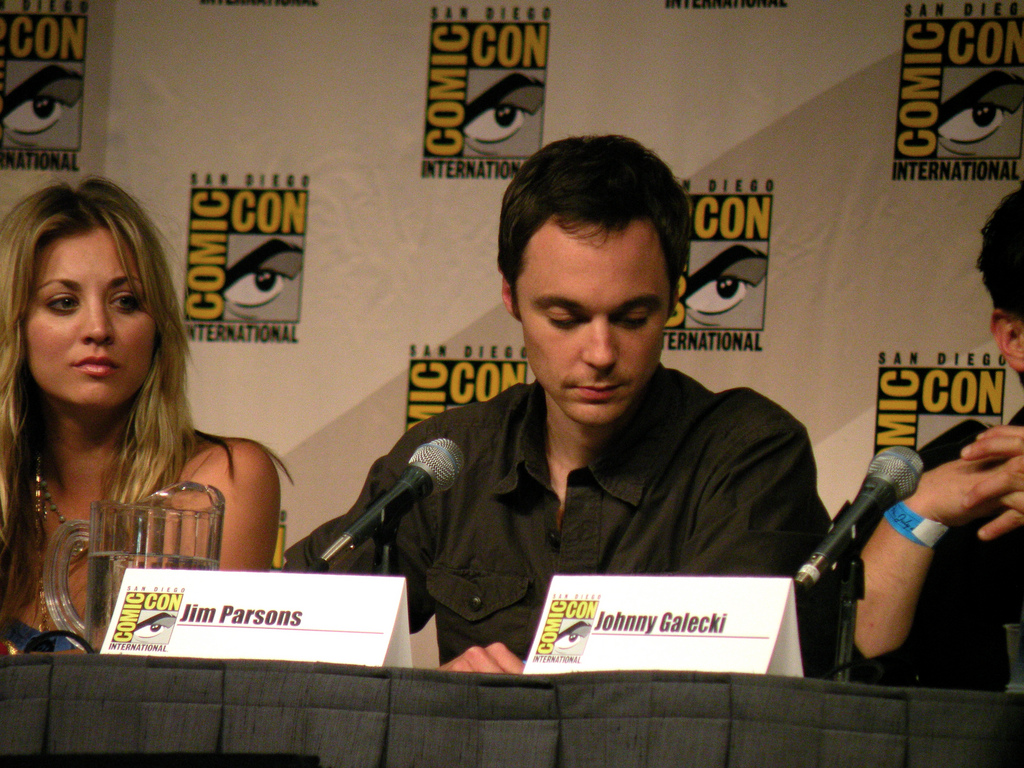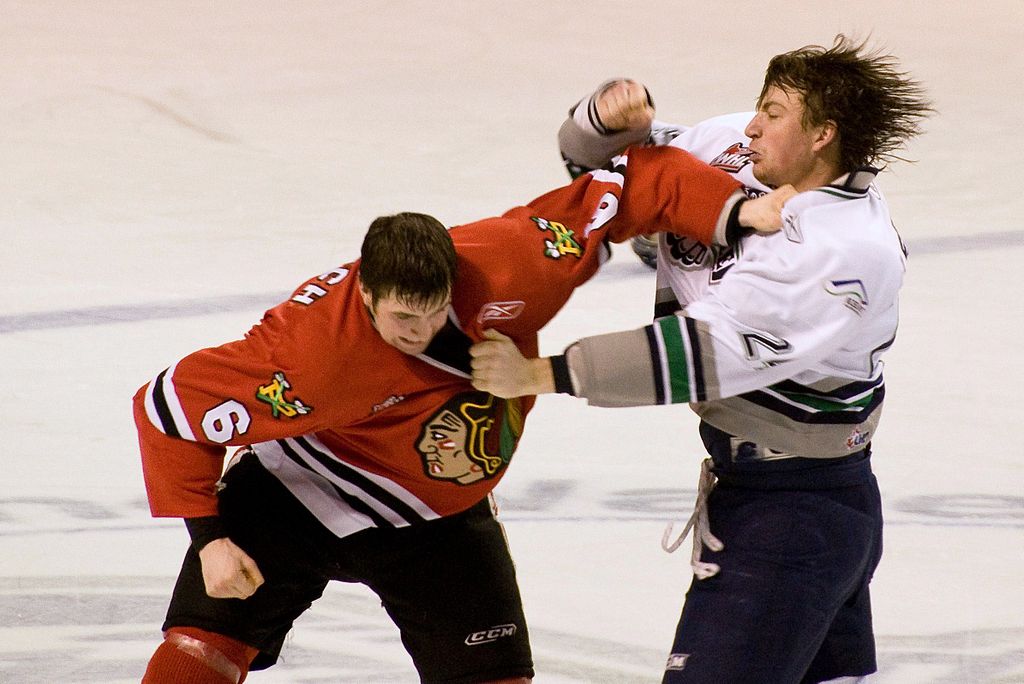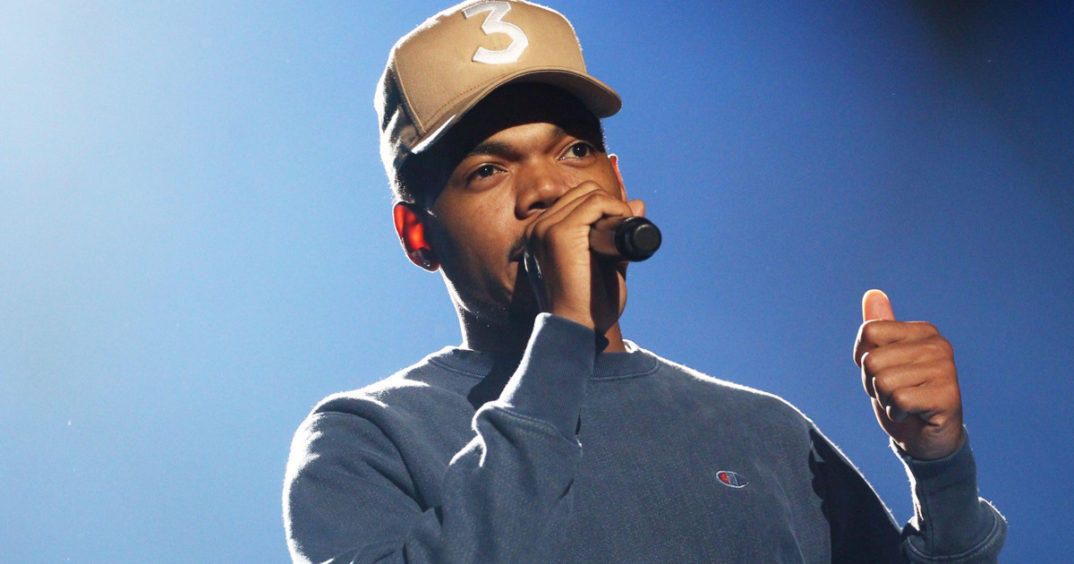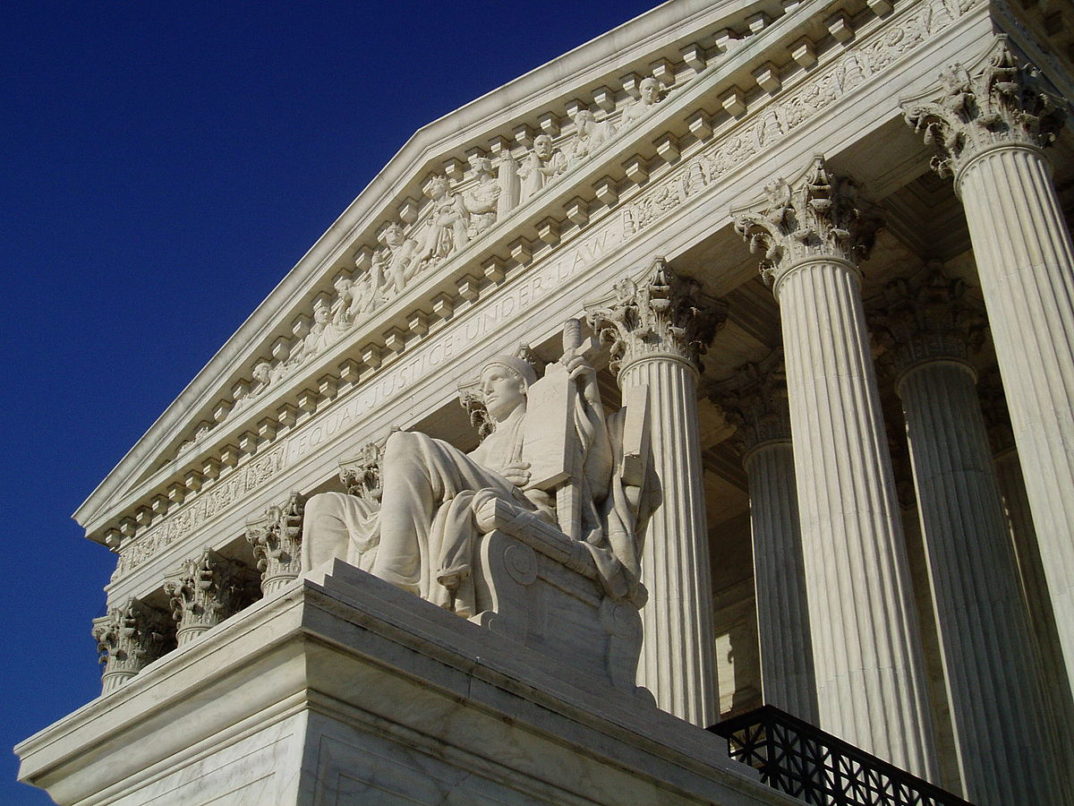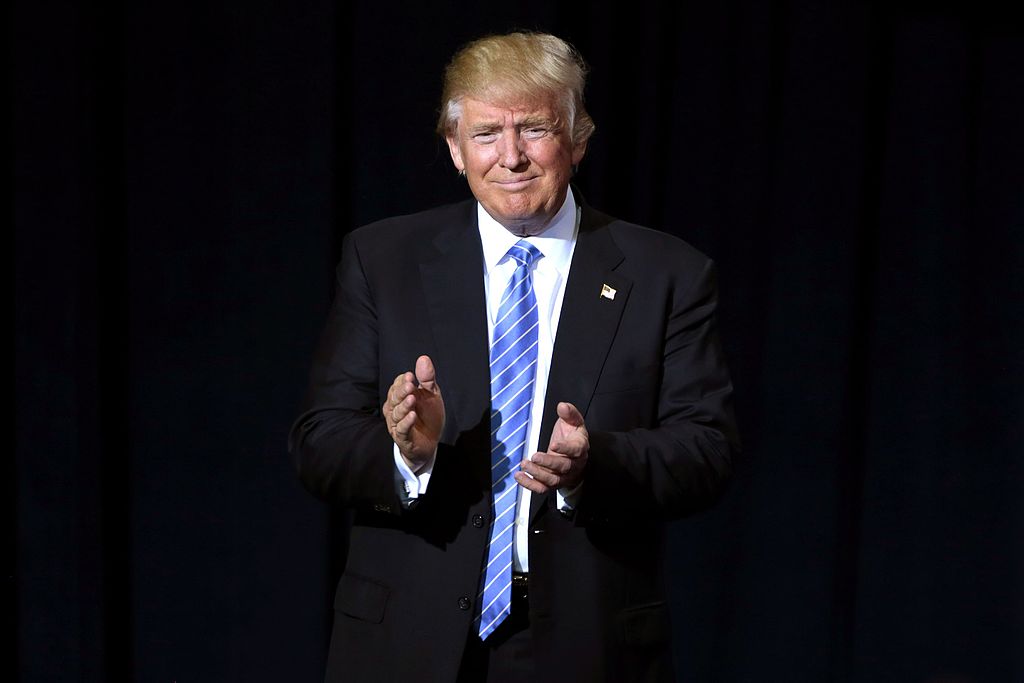This article has a set of discussion questions tailored for classroom use. Click here to download them. To see a full list of articles with discussion questions and other resources, visit our “Educational Resources” page.
Richard Thaler, a behavioral economist, won the Nobel Prize in economics this year. He co-authored the book, Nudge, in 2008. The theory behind “nudges” (a term he coined) changed the perspective of economics on the agents to be studied. Instead of picturing humans as rational preference satisfiers, Thaler suggests that we are susceptible to all sorts of irrational pressures and rarely do we decide to behave in ways that can be modeled on principles of rationality and our individual preferences. The “nudge” is one tool he uses in order to see one way in which we deviate from the rationalistic model of classical economics.
A “nudge” is a non-rational psychological factor that makes it more likely that someone behave in one way rather than another. Thaler himself came up with the model for behavior when he became frustrated at the speed with which he and his roommates were going through their stash of cashews. They took familiar enough means to remedy the problem – they kept the cashews out of the living rooms so that they’d have to trek to the kitchen to fill up, or started to hide them. Dieters everywhere have come up with similar solutions to reduce their intake of their favorite food – putting chips into a portioned bowl instead of eating from the bag, for instance. Taking steps like these are providing yourself with “nudges” to eat less: doing these things makes it more likely that you will exhibit self-control.
We can see intuitively why this might be. By putting food into portions, you need to exert effort to refill, and by putting the food at a distance away that also ups the effort level. Along with this extra effort expenditure comes a break in behavior: now you can’t more or less “mindlessly” continue to consume. You face a choice when your bowl is empty: get up and refill? Do you really want or need more? So there is more chance you will stop. You’re helping yourself out with these nudges.
Along these lines, we are more likely to opt for healthy food if it is at eye level when we are hungry – otherwise we’ll go for our normal junk food of choice. The arrangement of grocery stores can have an impact on the healthy choices of its customers by arranging food accordingly and making it easier to choose healthful options.
Thaler noted how irrational we are as agents. We make decisions mostly based on convenience and speed, and fall victim to irrational decision structures like sunk costs.
Perhaps the most famously effective nudges have been outside the realm of food: the presence of an insect on the bottom of a urinal raises the likelihood that people urinating make their target. There are also policies spreading worldwide that have citizens opt out of organ donation programs if they prefer not to be donors rather than opt in if they would like to be a donor. This change to policy increased participation significantly, despite the fact that according to classical economics, the method of selection should be a neutral factor: the number of people who want to be donors should end up being donors either way.
In Chicago in 2016, the ideas24 anti-gun program used the underlying psychology of Thaler’s views to develop an approach to working with incarcerated teenagers. Noting that people behave in a scripted way when under stress, teenagers were encouraged to note triggers and rewrite the scripts, with “group lessons around decision making” that take Thaler’s views to heart by focusing on things that would nudge them away from violence: “In one lesson, inmates list the people who may be affected by something they’ve done.” Nudge theories are on the horizon for use in decreasing gun crime in New York City as well as other cities in the United States. Daniel Webster, director of Johns Hopkins Center for Gun Policy Research, hopes that nudging people to believe that carrying a gun isn’t normal – “that their behavior is ‘out there’” – will affect change.
The key commitment behind implementing nudges in order to affect change in behavior is that the way that individuals decide what to do isn’t on the basis of deciding what they think is best and behaving accordingly. The nudge is in place based on an external determination about what is best to do – external to the agent’s decision-making process at the time. This has led to some controversy in politics: to what extent should the government be actively trying to shape the behavior of its citizens?
Recall the benighted soda tax in New York City. Though cities such as Philadelphia and Berkeley have a tax on sugary drinks, intended to dissuade people from purchasing excessive amounts of the detrimental beverages, when such a bill was proposed in New York City, it was met with public outrage.
We can ask questions beyond the legitimacy of such government policies. If our behavior can be so easily influenced by factors outside of our control, or disconnected from our preferences and commitments about what to do, then how will that affect our notions about how responsible we are for our actions?
The impact of nudges on our behavior fits with a family of psychological studies in the second half of the twentieth century that showed the significant impact of apparently irrelevant features of the environment on our moral behavior.
Intuitively, it is important to develop and cultivate a good moral personality or character. We care about having good character traits ourselves and look for good traits in one another. Traits such as honesty, compassion, bravery, humility, etc. are desirable and typically relevant for assessing the behavior we come across in the world. If we take someone to be honest, we think they will be more likely to tell the truth. This is why we value having honest friends – we take them to be more reliable in this regard. If someone we take to be honest lies on one occasion, the fact that we take them to have this trait of honesty typically allows us to chalk the lie up to a rare or one-time event. We can lean on the reliability of the trait and maintain the relationship.
The research on nudges may break the connection between character traits and behavior. For when a nudge results in a behavior, something other than the character trait was the cause of the behavior. This is in line with other psychological studies that showed trait-irrelevant factors to be better predictors of behavior than these traits that our moral practices tend to favor.
Consider a sampling of the well-known studies. The “dime experiment,” conducted in 1972 by Isen and Levin, tested the likelihood that subjects would help someone who dropped a large amount of papers on the street (the paper-dropper being a participant in the experiment). The subjects had just used a payphone, and those that found a dime left in the phone were significantly more likely to help than those that did not find a dime. In what we could call the “smell experiments,” people were more fair and generous when in a room that smelled clean. Finally, the proximity of a perceived authority figure significantly affected subjects’ willingness to cause pain to a stranger in the famous Milgram experiments. These effects did not track the moral makeup of the agents in question, yet predicted their moral behavior.
The effectiveness of nudges, and the success of the manipulation of subjects in the experiments sampled above, suggests a worry for our practices of moral evaluation. If someone acts in a certain way because of a smell, or because they found a dime, or because of a nudge, to what extent was the action their own? Would we blame or praise them to the same extent if they had acted without the external factor?
The more we learn about human agency, the more we must accept that we are influenced by a host of external factors. Thaler’s work to a large degree suggested harnessing this feature for good – using the influence-ability of our agency to direct it towards higher-order goals. This may be the direction our blame and praise practices head towards as well: how well we are managing our agency, rather than individual actions. On such a picture, we are creatures to manage and direct, responsible for driving ourselves well.





